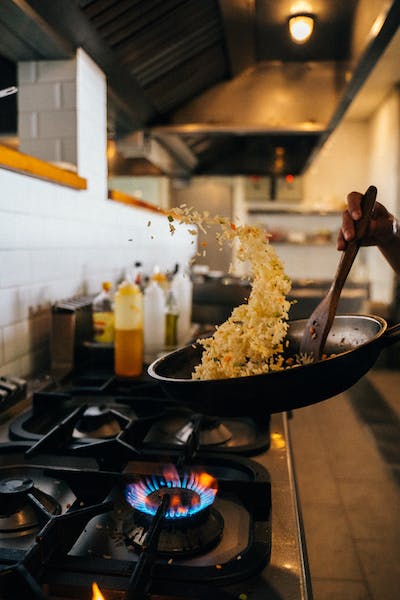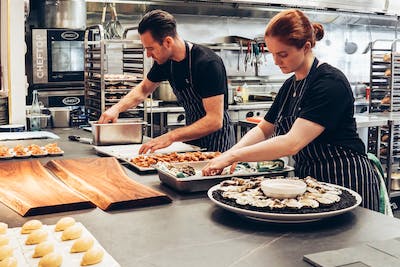The Chef’s:
The art and science of preparing and presenting food is the field of cooking, which is often referred to as the culinary arts or the culinary profession. It is a well-known and varied field that incorporates a variety of cooking skills, food preparation techniques, and culinary styles from numerous global civilizations. The experts in this industry are referred to as chefs or cooks.
10 most important Characteristics of the cooking are,
1. Originality and aptitude:
A wide variety of culinary abilities, such as knife handling, food preparation methods (such as sautéing, roasting, and grilling), and flavor combinations, are necessary for chefs. For making distinctive and enticing dishes, creativity is necessary.
2. Training in the culinary arts:
In culinary colleges or institutions, many chefs receive official training in the culinary arts. They gain knowledge of the principles of nutrition, food safety, kitchen management, and cooking.
3. Culinary field specialties:
Chefs can focus on particular cuisines such as French, Italian, or Chines and chef’s must focus on,
- Culinary techniques include grilling, frying, and baking
- Preferences in nutrition, such as vegan, veggie, or gluten-free
4. Dining establishments and culinary organizations:
In addition to restaurants, hotels, and catering businesses, chefs can also work at resorts and on cruise ships. Some people might even start their own eateries or food companies.
5. Workplace Context:
Particularly during the busiest meal times, the cooking industry can be physically demanding and fast-paced. Chefs frequently put through lengthy shifts, even on the weekends and on holidays.
6. Conditions for Food Safety and Hygiene:
The cooking industry must uphold strict standards of food safety and hygiene in order to prevent foodborne illnesses and guarantee client satisfaction.
7. Use of Social Media:
Cooking competitions and events have grown significantly in popularity in recent years, which has fueled the rise of celebrity chefs with a global following.
8. The process of ongoing learning:
The practice of cooking demands chefs to stay current on gastronomic fads, ingredients, and methods. Career advancement requires ongoing learning.
9. Tourism through cooking:
The culinary industry has influenced the expansion of culinary tourism, in which tourists look for distinctive dining opportunities and regional cuisines when traveling to various locales.
10. Cooking as a Career:
Beginning as line cooks or apprentices, chefs can work their way up to more senior roles like sous-chefs, chief chefs, as well as celebrity chefs.
Conclusion:
Overall, cooking is a rewarding and demanding vocation for people who are passionate about food, creativity, and giving others wonderful dining experiences. To succeed in this industry, one must be dedicated, work hard, and like experimenting with flavors.




I really liked your site. Do you mind https://zetds.seychellesyoga.com/info